‘This is not an anti-West association’: how memes and numbers were used to talk about the coming world with BRICS
Experts discussed how the association will influence the creation of a new world without the West
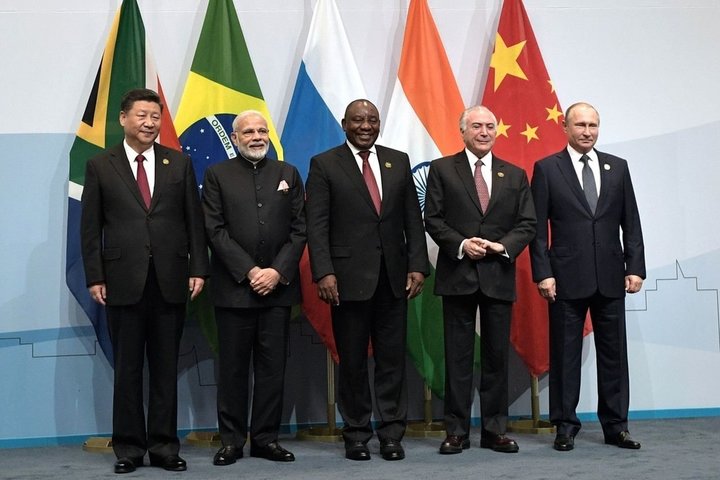
On the eve of the 16th BRICS summit, which will be held in Kazan from 22-24 October, political scientists discussed issues of the new world order. Read why the summit will become an important platform on the path to forming a new world order and who will resist in a report of Realnoe Vremya.
A real threat is growing behind G7 in the form of BRICS
According to sociologist Ilya Kazakov, the association already surpasses the G7 in a number of key indicators. Despite the fact that the G7 covers all of North America, BRICS, thanks to Russia, has more significant territorial resources and population.
Kazakov noted that a Gallup poll conducted six months ago showed mixed attitudes towards BRICS in the world. 19% of respondents out of 44,900 people from 44 countries have a positive attitude towards the organisation, 17% have a negative attitude, 24% are indifferent and 32% have not heard of it at all.
Russia (38%), Iran (37%) and India (36%) have the most positive attitude towards the organization. At the same time, Sweden (more than 40%), the USA and Spain (30% each) demonstrate the most negative attitude towards the association.
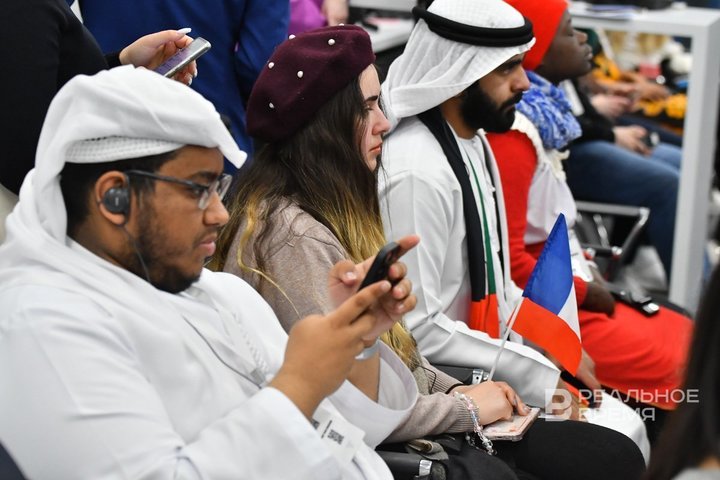
A poll by the Italian outlet Termometro Politico showed that more than 50% of residents consider BRICS an alternative to Western influence. Among those who do not share this point of view, the prevailing opinion is that the BRICS countries do not have real unity and pursue different interests.
BRICS does not discuss the internal situation of countries
Political scientist Boris Mezhuyev proposed to introduce the meme “World without the West” contrasting it with the “World without Russia,” which was popular in the 90s.
He believes that countries outside Western influence are not outcasts, as they were before. As an example, he cites Iran, Russia and North Korea are united in BRICS.
Mezhuyev emphasises that this is an association of countries with different political systems, economic structures and religious traditions. The main factor in the unification is the desire for a multipolar world and opposition to the colonial structure of the world economy.
In turn, co-founder of the Centre for International Interaction and Cooperation Alexey Malinin expressed the opposite position.
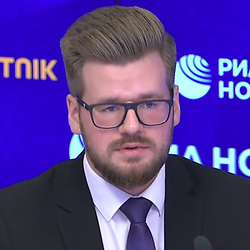
As an example, Malinin cites India whose foreign policy has various vectors and Malaysia that also strives for multilateral relations.
“If we talk about personal experience, then the picture that was often demonstrated by colleagues of our Centre from the Middle East, Latin American countries and a number of countries on the African continent is very illustrative. They say: ‘Representatives of Western countries come to us and try to interfere in our internal affairs, evaluate our internal policy and immediately link it with the economy,’” Malinin recalled.
But in BRICS, the internal situation of countries is not discussed, because one of its principles is respect for sovereignty.
Latin American countries are slipping out of the hands of the United States
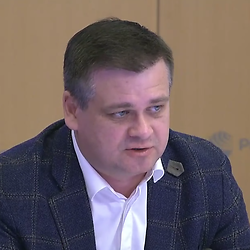
Even before the emergence of BRICS, various associations existed in Latin American and Caribbean countries. For example, MERCOSUR (Argentina, Brazil, Paraguay and Uruguay) and the leftist ALBA association (Venezuela, Cuba, Nicaragua and other countries).
In 2009, India, China and Russia gathered to discuss the future of these associations. They were joined by Brazil, a country that had experienced the negative influence of the United States. Brazil, unlike Argentina, which is closely integrated into American society, was able to learn from the past and now actively cooperates with Russia in the areas of fertilisers, oil and other areas
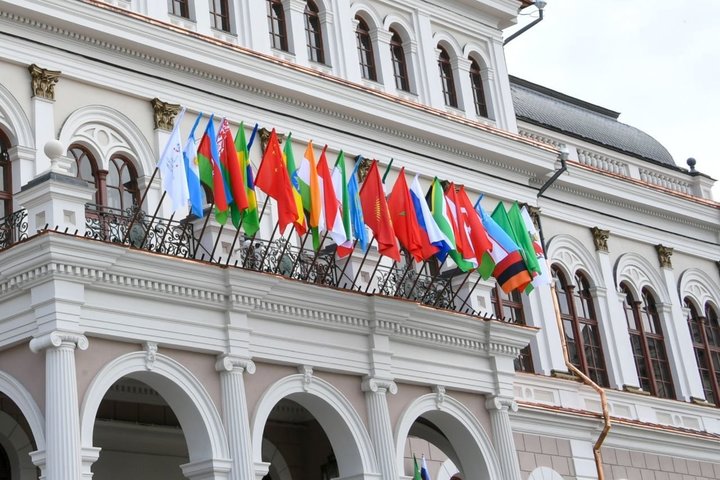
This example showed other countries that cooperation with Russia is possible and brings real results, Mironov believes.
Bolivia, Honduras and Cuba, countries that need support and do not receive it from the West, are also planning to join BRICS. Russia offers them technological assistance and support in the field of medicine.